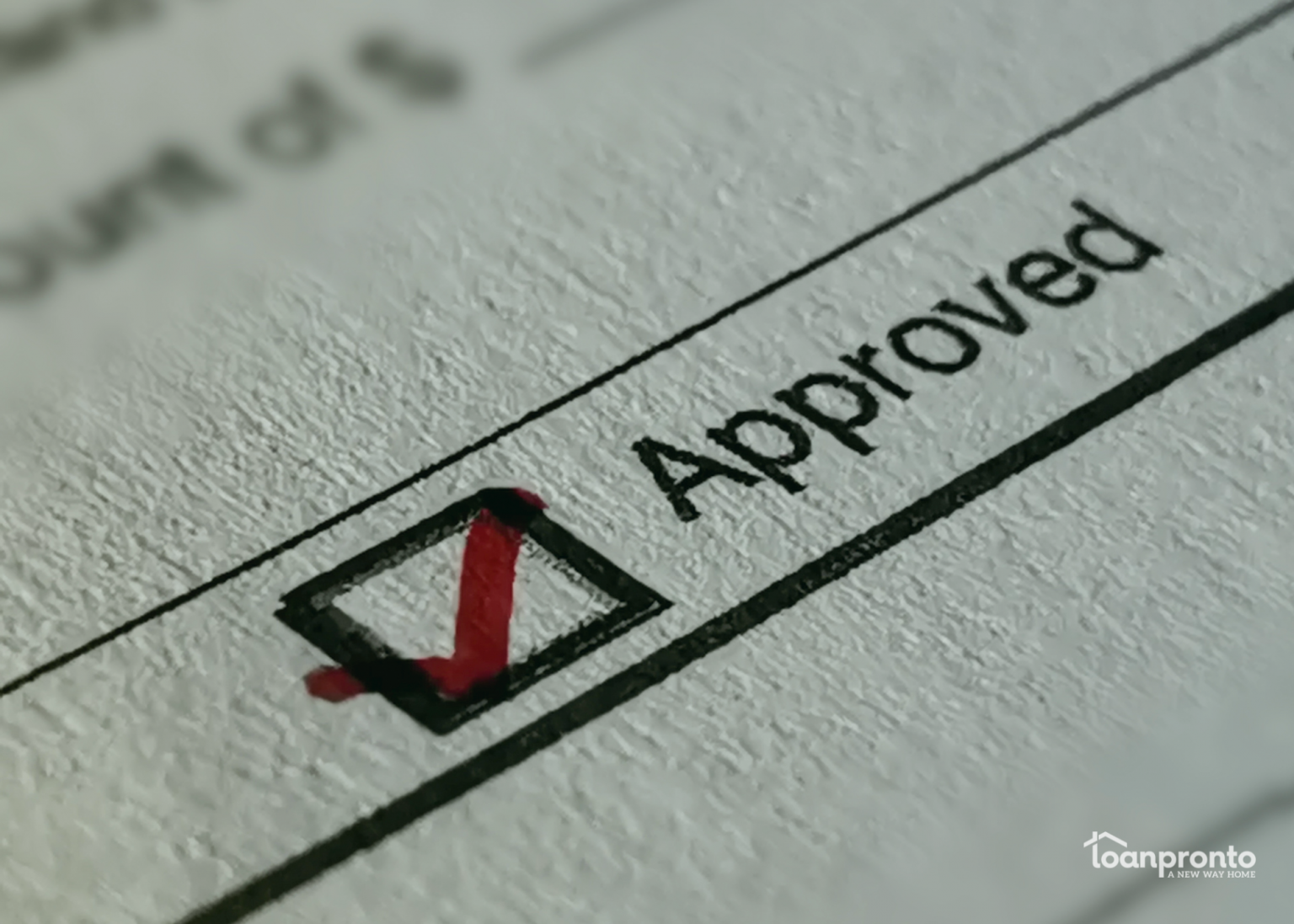Key Takeaways
-
Conditional mortgage approval means the lender needs a few final documents before issuing full approval.
-
You can still be denied if your financial situation changes or documents are missing.
-
Meeting conditions quickly ensures your loan progresses smoothly to closing.
-
Final approval (clear to close) happens only after all conditions are reviewed and verified.
Receiving conditional mortgage approval is a key milestone in the home loan process—but it’s not the final step. If your lender has conditionally approved your application, it means they’re mostly satisfied with your financial profile. However, they still require a few final documents or verifications before issuing full mortgage approval. Understanding what conditional approval means and how to fulfill the remaining steps can help you move smoothly toward closing.
What Does Conditionally Approved Mean?
When your mortgage application is conditionally approved, it means underwriting has reviewed your loan file and found it satisfactory—pending a few final items. You’ll receive a written notice outlining the conditions that must be met before the loan receives final approval. These conditions often relate to documentation, explanations, or verifications.
Examples of Common Conditions
| Condition Type | Example Documents |
| Income Verification | Updated pay stubs, W-2s, tax returns |
| Asset Documentation | Recent bank statements, gift letters |
| Employment Verification | Written confirmation from employer |
| Credit Clarification | Letter of explanation for credit inquiries or gaps |
| Property-Related Items | Appraisal report, proof of homeowners insurance |
Meeting these conditions promptly allows your file to move forward to final underwriting.
Can You Be Denied After Conditional Approval?
Yes, although it’s rare, mortgage denial after conditional approval can happen. If any of the following occurs, your loan may be rejected:
-
You fail to provide all requested documentation
-
Your financial situation changes (such as switching jobs or taking on new debt)
-
The home appraisal comes in low or uncovers serious issues
-
A final credit check reveals new liabilities
To avoid issues, stay in close communication with your lender and avoid major financial moves during this phase.
Why Conditional Approval Matters in the Mortgage Process
Conditional approval offers more security than preapproval. It signals to sellers that your loan has been thoroughly reviewed, giving your offer more credibility—especially in a competitive market. In new construction transactions, builders may even require this step before signing contracts or breaking ground.
Conditional Approval vs. Preapproval vs. Final Approval
Understanding the differences between approval stages helps clarify where you are in the home loan process:
| Approval Stage | What It Means |
| Prequalification | A rough estimate based on self-reported finances |
| Preapproval | A deeper review of credit and income, used to make offers |
| Conditional Approval | Underwriting has reviewed your file and approved it, pending final documentation |
| Final Approval (Clear to Close) | All conditions are satisfied, and your lender issues full loan approval |
Terminology may vary by lender, but the process is largely the same. Ask your loan officer if you’re unsure about your status.
What Happens After Conditional Approval?
Once you’ve received conditional mortgage approval, you’re in the final stretch. Here’s what happens next:
- Submit outstanding documents:
Provide all required items listed in your conditional approval letter. - Final underwriting review:
Your underwriter will ensure all conditions are met. - Receive the “Clear to Close”:
This is official notice that your mortgage is fully approved. - Sign your Closing Disclosure:
Review and sign this document at least 3 business days before closing. - Close on your home:
Attend your closing appointment to sign final documents, submit your down payment or closing costs, and receive the keys.
Bottom Line
Conditional mortgage approval means you’re almost at the finish line, but it’s essential to stay organized and responsive. Meeting the conditions set by your lender is your last major hurdle before receiving full loan approval. With careful attention and communication, you can move confidently into the closing phase—and your new home.
FAQs: Conditional Mortgage Approval
No SSN required. Zero impact to credit. Your Information is never sold.



